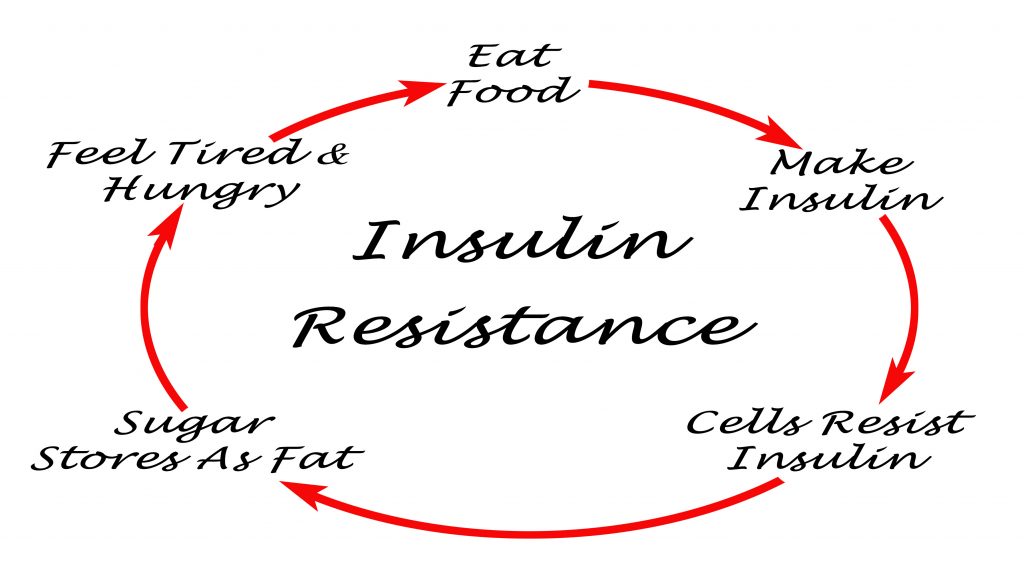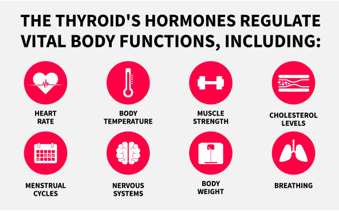In a previous article I told you all about the different types of keto.
I also told you that the “Targeted Keto Diet” is what I teach inside of The Two-Week Keto Challenge because I find that it works extremely well for both men and women.
Plus, if I’m being honest… it’s a LOT easier to do!
Which means it’s something that most people will stick to and it’s much more lifestyle friendly.
In this article, I want to switch gears a little and talk specifically about women and keto.
Why?
Because keto does affect women a little differently and there are some things that women need to know if they want to get maximum benefits from keto.
So let’s get started with the most obvious concern…
Hormones!
Anytime the keto diet and women are discussed the conversation ALWAYS circles back around to hormones.
Now you’ll definitely hear both positive and negative talk when it comes to keto and hormones.
But I have to tell you…
In my experience, being on the keto diet has been nothing short of a miracle for me.
That’s the good news…
But you know me.
I always go back to the science because that’s where you’ll find the truth.
The bad news is that more and more women are struggling with hormones these days.
And when your hormones are out of whack…
All sorts of health problems can develop.
Things like…
- Insulin Resistance and Uncontrolled Blood Sugar
- Cortisol Imbalance and adrenal fatigue
- Reproductive problems
- Thyroid disorders and diseases
- And Premenstrual Syndrome
So let’s start with insulin resistance and blood sugar imbalances.

When you eat carbohydrates, insulin is released the moment the food touches your lips.
It’s how your body gets those carbs out of your blood and into the cells of your body.
The problem is that overtime when you eat a lot of carbs your body becomes less and less sensitive to insulin.
This can lead to a whole host of issues including type 2 diabetes.
And keto really is the best way to deal with insulin resistance and blood sugar imbalances.
However, if you’re suffering from insulin resistance or issues with your blood sugar…
I highly recommend this resource too.
It’s extremely effective and it complements the keto diet perfectly.
In fact, everyone I’ve recommended it to has loved it.
So, if your blood sugar is a bit on the whacky side give it a try.
Now let’s talk about cortisol issues and adrenal dysfunction.
When you first start the keto diet, your body will go through a transition phase.
And early on…
When it can’t find sugar, it will release cortisol.
Cortisol stimulates a process called gluconeogenesis and it’s this process that your body uses to convert fat and protein into sugar.
Soon however, instead of converting fat into sugar your body will start producing ketones instead.
But as you may know…
Cortisol is a stress hormone and the more stress you’re under the more cortisol your body will produce.

In a future article, I am going to talk all about ways to combat stress…
So, I’ll save that one for later. Now let’s talk about…
Fertility and polycystic ovarian syndrome.
Polycystic ovarian syndrome (PCOS), is the primary cause of infertility in women.
It develops from poorly balanced hormones and the majority of women who suffer from it also have trouble with their weight.
Unfortunately, there’s currently no cure, but it is tied to poor glucose metabolism.
And lots of women have shown significant improvements in their symptoms by following the ketogenic diet.
Next are thyroid problems.

Your thyroid gland plays a primary role in hormone regulation.
And when your thyroid isn’t working…
It can spell big trouble for other hormones too.
If you have problems with either of the thyroid hormones T3 or T4 you’ll most likely experience issues with metabolism, body temperature and your heart rate.
Here’s the thing…
Some studies have shown that when you start a ketogenic diet it does lower your levels of T3.
But while some critics point to this as a problem, the most common reason for this reduction is that your body simply becomes more efficient and doesn’t need as much T3.
Plus, lower levels of T3 can help you maintain healthy muscle as you lose weight.
If you’re having thyroid issues, you may want to check this out.
It explains what foods you should never eat if you have a thyroid issue.
Finally, there’s Premenstrual Syndrome (PMS).
While there are a variety of reasons women suffer from PMS the keto diet has been a Godsend for many of them.
The lower amounts of inflammation, the improved digestion and decreased bloating all help to minimize the symptoms of a period.
Bottom line…
Keto works and it can be extremely helpful to ALL women.
I could go into SO much more detail here, but this article is already getting long. In future articles we’ll discuss each of these topics in detail.
For now, I think it’s important to note that all of these hormone issues are improved with a ketogenic diet.
So, hopefully that was helpful.
The fact is, I haven’t found anything more effective than the ketogenic diet when it comes to many of the issues, we as women face.
And if you haven’t joined us inside the Two-Week Keto Challenge there has never been a better time.
Inside you’ll find all of the every resources you need to finally do keto the right way.
What’s more, you’ll join a community of others who are successfully living the ketogenic lifestyle.
Including thousands of women.
So if you want to get started on keto the right way, click the link below and take your first step.






